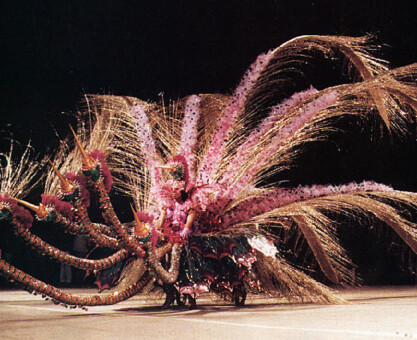Aunty Pam: spicing up Seattle
Her tiny white board house and the sugar cane that surrounded it have vanished, along with the only way of life her Indian-born parents and...
Hot Shoppe in a cold country
Customers tap their feet to David Rudder’s “Trini to the Bone” as they shuffle down the line for their boneless chicken roti at D Hot...






















